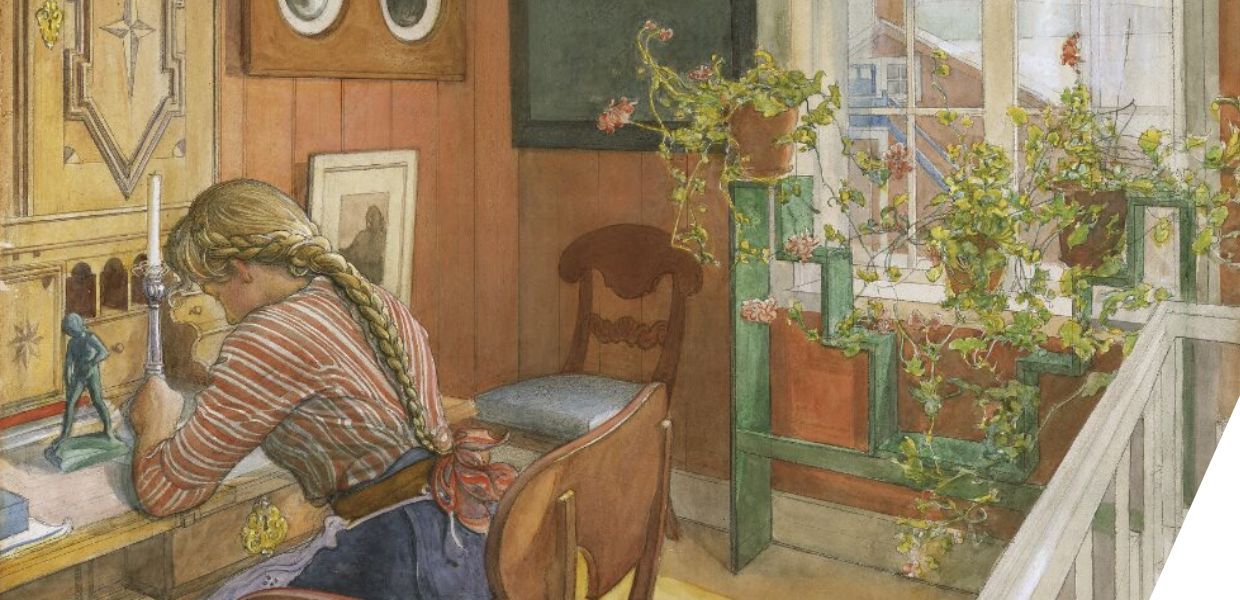The European Union long-term budget
The European Union long-term budget —the Multiannual Financial Framework (MFF)— sets the direction and funding allocations across all policy areas, from the single market to cultural heritage. The next MFF, starting in 2028 and lasting a period of at least five years, will shape how the EU responds to major challenges and opportunities in the years to come. The MFF is not just a financial plan —it’s a blueprint for Europe’s future.
In its recent Communication The Road to the Next Multiannual Financial Framework, the European Commission outlines the key policy goals and budgetary challenges that will shape this next cycle. As part of this process, it has also launched a stakeholder consultation campaign to gather input from across Europe.
The Consultation
The public consultation is open until 6 May and welcomes contributions from both individuals and organisations via an online questionnaire. It is organised around several key themes, including one that is particularly relevant to our work: EU funding for cross-border education, training and solidarity, youth, media, culture and creative sectors, values and civil society.
Make your views heard
At the Europeana Initiative - composed of the Europeana Foundation, Europeana Network Association and Europeana Aggregators’ Forum - we are actively advocating for ambitious and appropriate funding for (digital) cultural heritage —including through the common European data space for cultural heritage and its supportive projects. Read our official response to the consultation.
Now, we invite you to add your voice. Help shape the future of EU funding by submitting your feedback by 6 May. Let’s collectively advocate for the transformative role of Europe’s cultural heritage —and for the tailored support our sector and the data space need to thrive.
We invite you to either directly copy the statement provided below, to translate that statement into your own language, or to draw inspiration from the Europeana Initiative's official response to the consultation and add your own text.
I call on the EU to prioritise digital cultural heritage in the next MFF. The common European data space for cultural heritage is one of the most advanced data spaces and a high EU-added value initiative. Increased investment in the data space and supportive projects is key to ensure its scalability and sustainability, and to advance an inclusive and competitive digital transformation of the heritage sector. Continued financial support and improved (co)funding conditions are also essential.
How to respond to the Consultation
Go to the Public Consultation page
Select the ‘EU’s next long-term budget (MFF) – EU funding for cross-border education, training and solidarity, youth, media, culture, and creative sectors, values, and civil society’ section
Click on the ‘Go to consultation’ button
Click on the ‘Respond to the questionnaire’ button
Create an account if you do not already have one, or log in with your account.
Select the language of your feedback and fill in the About you section
Feel free to respond to the thematic questions as you see fit - noting it is not compulsory to respond to all.
In the Closing section, you are invited to add further information (500 characters maximum) and to attach any relevant documents to support your replies.
You can submit your feedback in the closing section either by copying the 500-character statement above or using it as inspiration to write your own message. You are also welcome to submit a longer statement as an attachment in the ‘relevant documents to support your replies’ section. For this, you may refer to the official response from the Europeana Initiative.
How to share more detailed feedback
We encourage you to complete the full questionnaire and share your views in as much detail as you wish.
As you reflect on your answers, you might consider some of the policy priorities that resonate strongly within the cultural heritage sector: ensuring widespread access to culture and cultural heritage; promoting and preserving cultural heritage and European remembrance; promoting cultural and linguistic diversity; empowering citizens; strengthening democratic engagement and participation; promoting a shared European identity; and supporting trustworthy artificial intelligence that respects EU values.
You can also use the ‘Other’ free-text boxes to highlight additional priorities not explicitly listed in the questionnaire —such as: ‘Secure technological sovereignty by developing innovative, inclusive and competitive cultural heritage data infrastructures and services’.
Thank you!
By contributing to this consultation, you’re helping to shape the future of EU investment in culture and cultural heritage. We appreciate your time, your views, and participation!
Feel free to share this information with colleagues, partners and friends, and help amplify the call for a strong cultural future for Europe.


